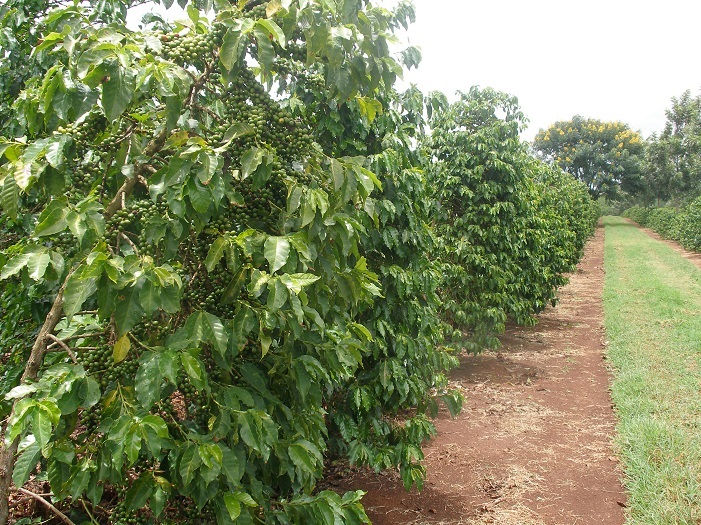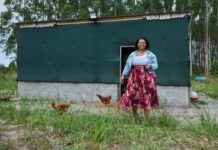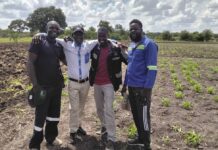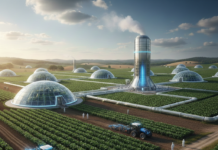The Rainforest Alliance, an international non-profit organization working at the intersection of business, agriculture, and forests to make responsible business the new normal and its stakeholders have urged partners to fortify regenerative coffee farming to cub climate change and biodiversity loses.
The call was made during the 20th African Fine Coffees Conference and Exhibition and 1st African Coffee Week held last week in Addis Ababa, Ethiopia under the theme ‘Brewing a Greener Future: Navigating Coffee Farming in a Changing Climate’ at the organization’s Sustainability Day.
According to Marla Naidoo, Director of Rainforest Alliance, South Africa, the unpacking of major components of sustainability and discussing regenerative agriculture as well as integrated landscape approaches in the previous meeting, has set the stage for this year to delve further into a pertinent topic of navigating coffee farming in a changing climate.
“Climate change is affecting coffee production globally, leading to decreased yields, heightened occurrences of pests and diseases, and shrinking suitable regions for coffee cultivation. Additionally, these changes have brought about notable social consequences such as heightened poverty, rural-to-urban migration, and diminished human welfare,” said Naidoo.
He emphasized that actors within the sector are grappling with a triple crisis encompassing climate change, biodiversity loss, and inequality. The event was structured to foster dialogue on these pressing matters while also envisioning markets reinvesting more in both people and nature than they extract.
Climate change challenges
Dr. Vanusia Nogueira, Rainforest Alliance board member said coffee developers and farming community expressed that they are confronting challenges posed by climate change and biodiversity loss stressing the necessity for collective efforts and systematic approaches to enhance resilience in the face of these challenges.
“Collaborating with stakeholders across different sectors to secure the sustainability of coffee farming worldwide,” said Nogueira.
According to Dr. Adugna Debela, Director General of the Ethiopia Coffee and Tea Authority (ECTA), climate change, market volatility, logistical interruptions, and regulatory demands collectively present risks to the resilience and sustainability of the coffee industry.
Challenges are on global scale
Debela further emphasized the importance of acknowledging the significant challenges confronting the coffee industry on a global scale.
“It is essential that we work together to tackle the obstacles encountered by the industry, promoting innovative solutions, and executing strategies that not only protect the livelihoods of coffee farmers but also guarantee the sustainability and prosperity of the global coffee industry,” he said.
He indicated that in Ethiopia, there are 5 million smallholder coffee farmers, constituting 20 per cent of the world’s coffee farmers. According to the Director General, in the 2022/23 crop season, approximately 7.7 million bags of coffee were produced, with over half of it exported to the international market, resulting in a record revenue of US$1.3 billion.
He emphasized that coffee holds paramount significance in Ethiopia, both economically and socially.
Additionally, he highlighted that Ethiopian coffee is renowned for its distinct characteristics, distinguished by its origin and frequently utilized as brands in the global coffee market.
Significantly, regions such as Sidama, Harar, Yirgachefe, Jimma, Nekempte, Limmu, Kaffa, Teppi, and others hold great resonance among coffee traders, roasters, and consumers.
The Rainforest Alliance is presently operational in over 58 nations, collaborating with over half a million coffee farmers and various stakeholders. It collaborates with governments, civil society organizations, and companies to effect positive transformations in some of the world’s most crucial landscapes and global supply chains, aiming to establish responsible business practices as the standard.








